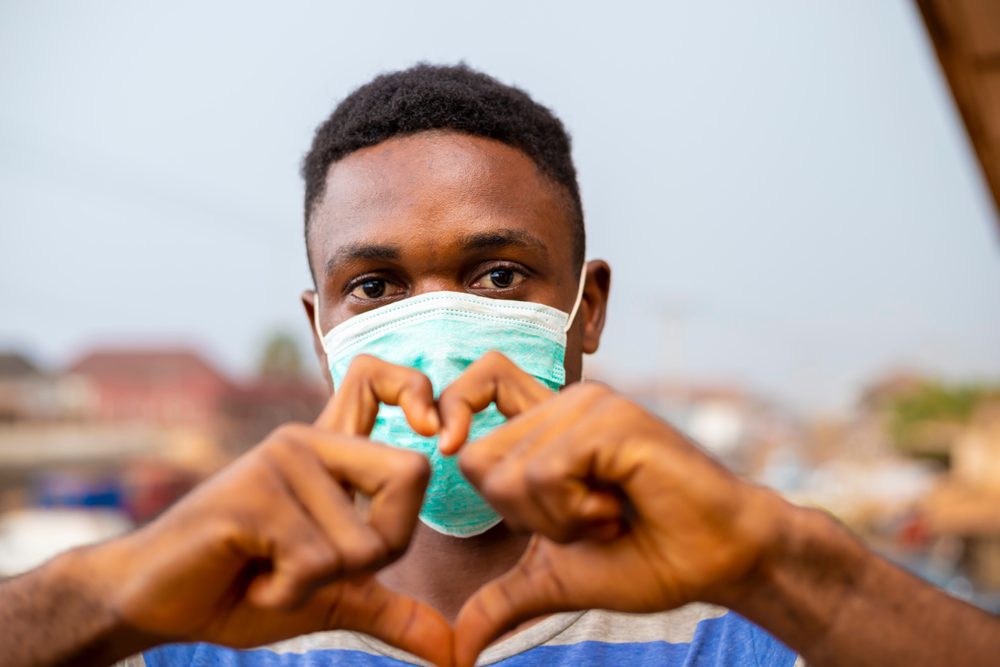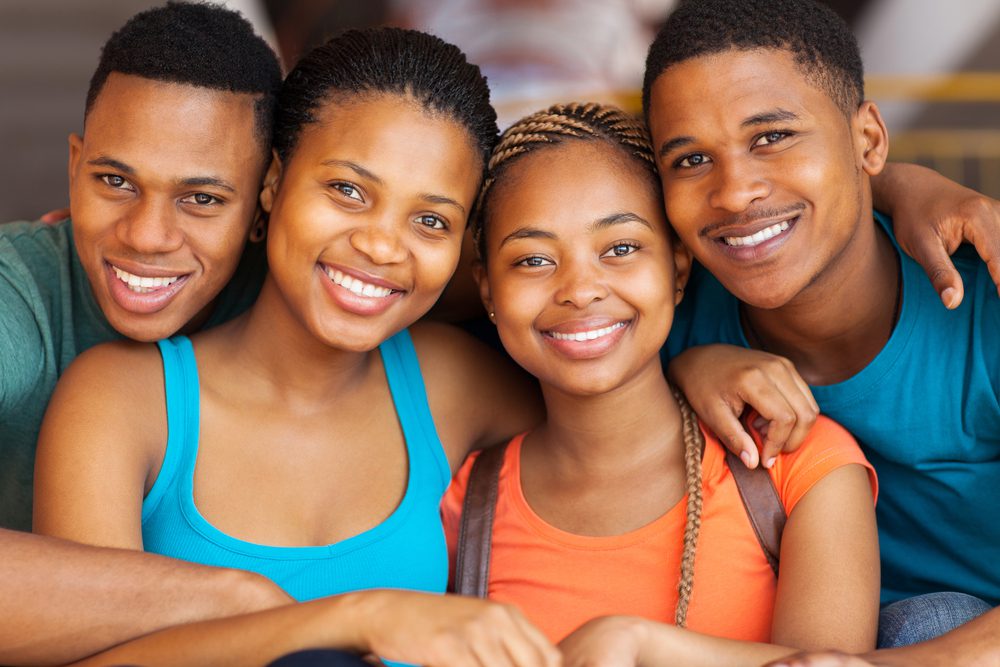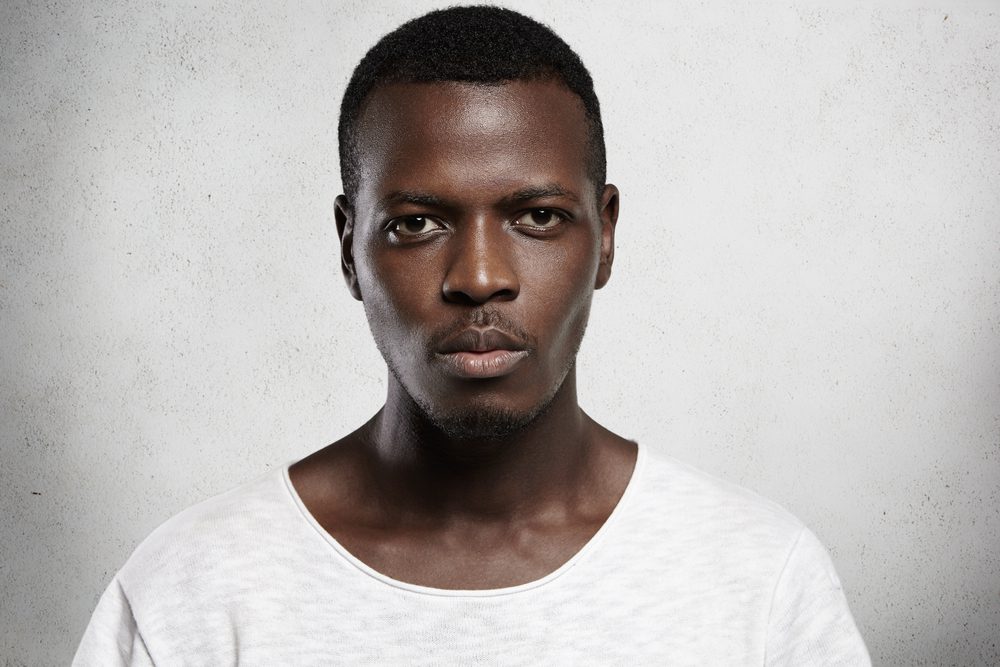
Racial unrest that is currently escalating in the United States has been unlike anything the country has seen since the L.A. riots over the Rodney King verdict in 1992. Unfortunately, unnecessary police violence against Blacks continues to exist in America, and in the age of smartphones and social media, unsettling images bombard us with increasing frequency.
On May 25, a modern-day lynching was captured on camera, triggering a wave of potentially game-changing protests. For eight minutes and 46 seconds, Derek Chauvin, a white Minneapolis cop, leaned his knee to George Floyd ‘s neck, killing a handcuffed black man who had been arrested over a fake $20 bill. Floyd’s cries for help for life now have a permanent spot on the soundtrack of American history.
If there is ever going to be an improvement, we need to be aware of our daily actions that hinder it. Think it’s impossible to make a difference every single day? It’s not. Here’s how.
Don’t be afraid of the word “racist”
Nobody wants to be called the horrible “R-word” as it is to many white people what the N-word is to black people. Nevertheless, racism does not always wear a white robe and burn crosses. It’s lurking in day-to-day micro-aggressions, from offhand comments (for example, “your people” when talking to a Black person about Black people) to general assumptions about minorities based on the actions of just one.
“It serves us perfectly to be exempt. It’s the root of virtually all-white defensiveness on this topic,” White Fragility author Robin DiAngelo said in a 2018 Elle interview. Until we understand the racism that we all hold, we can not start to address it effectively, both in others and in ourselves.
Call out loved ones when they say or do racist things
“They ‘re from another generation” is no actually a real excuse for a racist family member. The world has had a lot of time to catch up. When a relative walks cluelessly into a racial minefield, we must politely educate them without judging them.
Amnesty International offers excellent advice on what not to do: “If you embarrass somebody, call them uninformed or lecture them, then there’s a good chance they will feel as though they are on the back foot and your points may fall on deaf ears.”
Sweeping racism under the proverbial rug or shrugging it off as a sweet, old, out-of-touch relative is tantamount to condoning it, which makes us an accomplice to their intolerance.
Don’t make the trials and tribulations of minorities all about you
When anyone tells you about their challenges as a minority, listen to them. Resist the urge to point out that some other group you belong to has it just as bad, even if it does. There will be plenty of time to discuss everyone’s experience as part of a minority or oppressed group, but turning someone else’s story into your own self-pity party minimizes it.
If you’re not Black, you can’t understand what Black people are going through. Lazy comparisons are meaningless and disrespectful, so just listen and learn.
Apologize if you need to
Half-apologies are the worst of all. If you’re making a racially insensitive comment to a minority who’s calling you on it, it’s not enough to say, “I ‘m sorry you ‘re offended.” That’s just twisting the knife.
Listen to why the person is being insulted and imagine walking in his or her shoes. If you get it and you’re very sorry about it, then be sorry— period. Think about how you can do better, and then try to do better. Apologies can be healing for both sides, and it’s never too late to be genuine.
Racist jokes aren’t funny, so don’t laugh
Human nature makes us want to fit in, but there are times when honesty means being on the outside. Laughing at a racist joke just encourages the person who makes it happen to repeat it. A decent rule to follow is not to engage in conversations in an all-white group that would make you uncomfortable with the presence of a Black person.
If someone in your circle makes a racial joke and everyone laughs, take action. Don’t just let it hang there. Racist humor is another way for people to promote racism without even realizing it.

Stop saying that you “don’t see color”
It’s a feel-good phrase that whites use to exonerate themselves from the sins of their forefathers. It’s supposed to make blacks believe they ‘re whites but has just the opposite effect. Claiming that you don’t see color is like claiming that there is no racism. In fact, according to Forbes, it could be bad for diversity.
Get to know Black history
They ‘re not teaching it in school. Slavery is discussed and analyzed from a white point of view: white legislators and white U.S. presidents who spent decades debating it and passing it through. Abraham Lincoln is depicted as a great emancipator as if people like Sojourner Truth, Harriet Tubman, and Frederick Douglass were all sitting on the sidelines waiting for him to rescue them all.
If you know the Black culture, then you will understand the incredible contributions Black people have made to American society, and why so many black people are still so frustrated.
Approach the legacy of Martin Luther King Jr. with caution and care
There isn’t a Black person in the United States who isn’t well informed about King. Black people don’t need white people to quote them, because we spend their lives committing lessons to memory and gaining strength from them.
Looting is definitely not the answer now, but when white people quote King’s policy of non-violence to embarrass those who are not peacefully protesting, it simply reminds us of all that white America has brutally taken away from Black America, including King. We ‘re not going to be silenced, though.
The tradition of King and James Baldwin and Maya Angelou continues with the words and ideas of the younger generations of Black people who have been and are inspired by them. We need to pay close attention to these unique and fresh voices— those that will guide us into the future.
Don’t think it’s OK to use the N-word because rappers use it
Some rappers believe that dropping the N-word on the records makes them credible on the streets. That’s also questionable. It still doesn’t give non-black people approval to use it. Not fair, huh? Well, think about how unfair America has been to Black people for centuries. Unless you want to switch places, just leave the N-word to the rap artists.
And while you’re at it, “Thug” is the last word we ‘re supposed to use to refer to Black people. It only reinforces an unpleasant and false stereo that still cripples Black men in this country.
If you don’t have to identify Black people by the color of their skin, don’t
It’s easier than you might think to be an Amy Cooper. She called the police because she said she felt threatened by a “African-American man” who was filming her after she refused to leash her dog in Central Park. The conclusion was that she felt threatened mainly because he was a black man and she was a white woman.
Even if you think you ‘re giving a compliment—”She ‘s pretty— for a Black girl”—the racial qualifier can backfire. Think about it this way: if you don’t use “white” to describe a white person up in a particular situation, then remove “black” when you talk about a black person in the same situation.

Understand what white privilege is and own it
So many people believe that because they’re white and poor, they ‘re not entitled. They’re totally missing the point. White privilege has nothing to do with economics. It’s about being able to live in a world where the color of your skin isn’t the first thing people can see about you. It’s about being able to live in a world where the color of your skin isn’t something that’s holding you back.
It’s about being able to live in a world where you can storm a state capital, armed and dangerous, and not have a police officer lying on your back for more than eight minutes.
“It is wrong to ask men and women of color to bear these burdens every single day, the same fights over and over,” New York Senator Kirsten Gillibrand said in January 2019 to the Rev. Al Sharpton’s National Action Network.
Stop saying “all lives matter” and dismissing affirmative action as unfair to white people
Of course, all lives matter, but it is clear that Black people need to inform everyone that their lives matter because so many seem to forget. Certainly, the odds are concentrated against us in ways that are not necessarily stacked against white people.
In a January 2020 essay, New York writer Louis Menand addressed directly to the opposition of affirmative action: “Do they really think that white Americans, wherever they work or go to college, do not carry a lifelong advantage because of the color of their skin? Do they really believe that there should be no sacrifice to make or price to pay for the systematic damage done to the lives of millions of American citizens and the men and women who are their ancestors?”
Instead of just complaining about the aspects in which society is trying to boost Black people, why not celebrate us and recognize all that we have given this country, and how much more we could contribute if we had the same opportunity.
Don’t let minorities do all the talking
A lot of white people who want to help change the world are afraid of speaking out right now because they don’t want to say the wrong thing or be advised to stay in their lane. That’s understandable, but you don’t need to walk on eggshells. We ‘re waiting to hear from you. We need to hear from you.
For centuries, Black people have been seeking equal treatment. Sometimes it seems like nobody ‘s listening. We need our white allies to take the baton and speak to the people in their communities who have tuned out our broken record.
Do something
Quoting the rock musician Sting at the beginning of the Gulf War in 1990 is not the time for a slogan. “Woke” social media posts, hashtags, and platitudes about peace, love, and understanding denigrate a serious and complicated situation. If you want to be an ally, re-tweeting other ’s thoughts and changing your Facebook profile picture to a black box is a good start, but it’s not enough anymore.
“Black and brown people have been protesting for centuries,” Savala Trepczynski wrote in a June 2020 Time magazine story. “It’s white people who are responsible for what happens next.”
In the end, talking is cheap. Action is extremely valuable. Participate in a friendly protest, as did Ariana Grande and Timothée Chalamet. Donate your time. Get out to the black neighbors and work with them to make a significant difference in your own community. True progress begins with each one of us.























